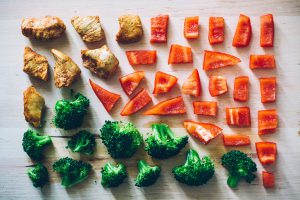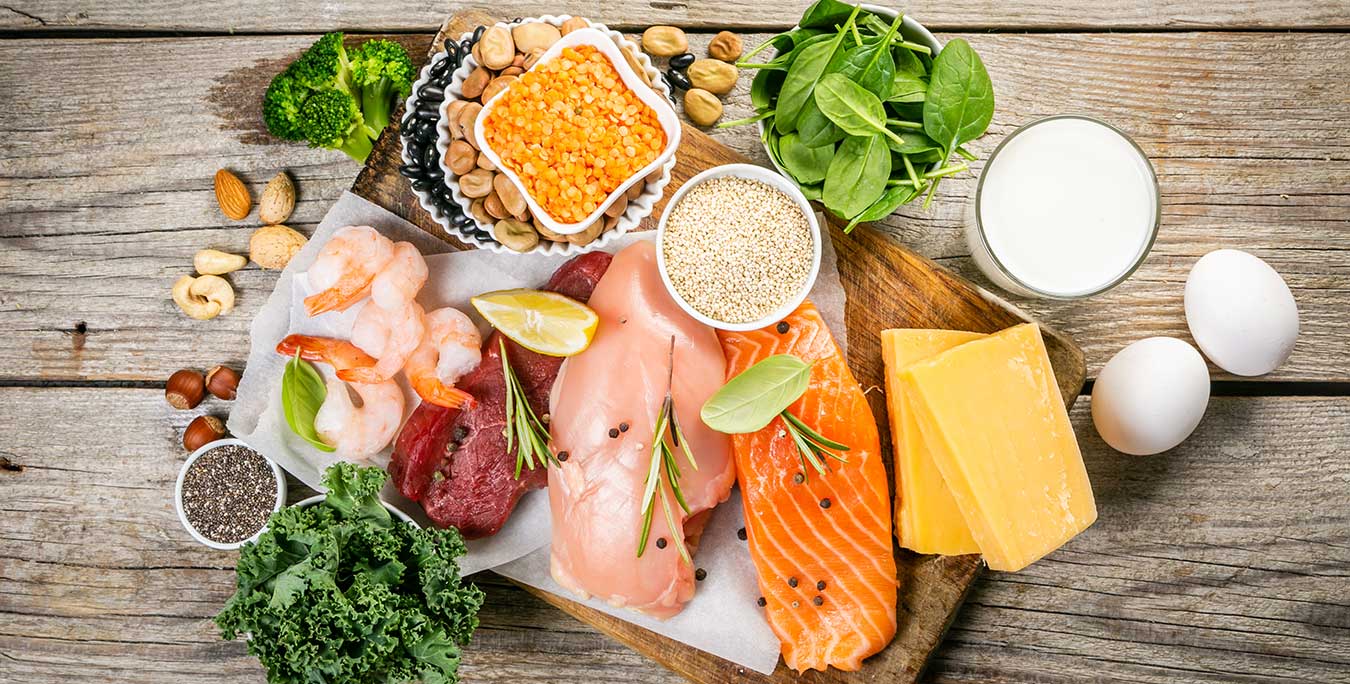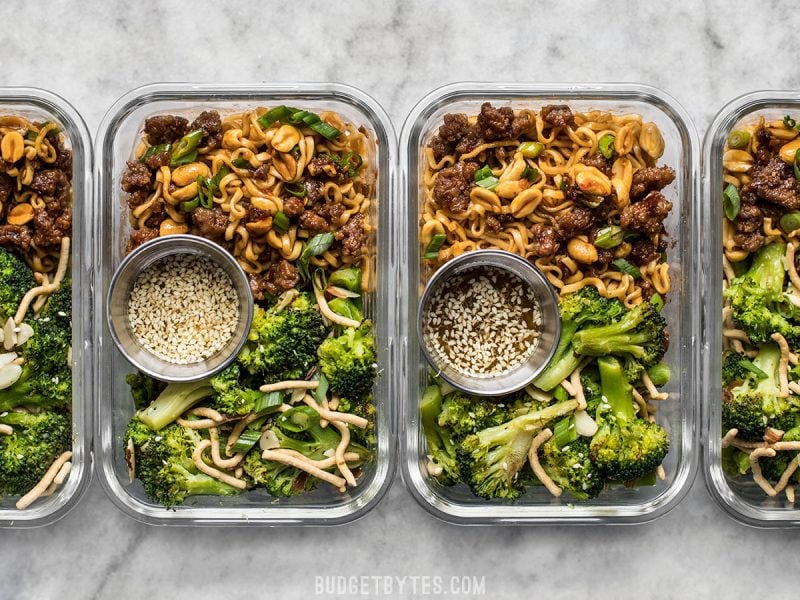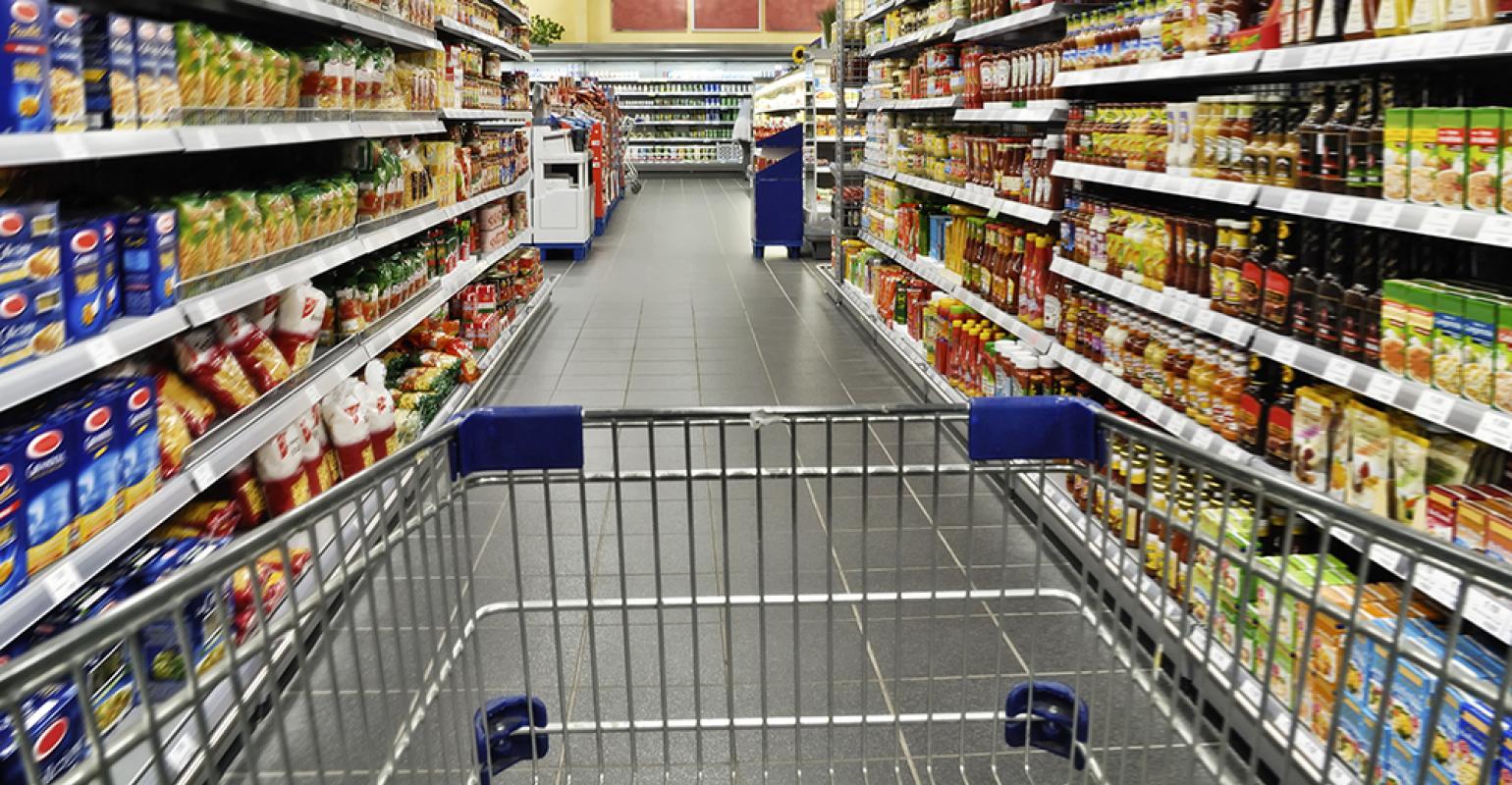Here is plan for meal planning if you are a hardgainer.
Imagine how dumb it would be if people who struggle with weight loss called themselves hardlosers. That would be ridiculous and you would be just tell them there’s no such thing. They just eat too much food.
Well, that’s how ridiculous the term hardgainer is as well. It comes down to you not eating enough. I don’t care how much you swear you eat, if you don’t gain weight, you are simply not eating enough consistently.
It has nothing to do with your genetics. If you put more money in your bank account than you take out, your bank account will grow. If you put more food in your body than it can burn off, it will be forced to grow as well.
So when hardgainers struggle with eating enough, it’s because they’re not intentional enough. You’ve been trying to eat more your whole life and that’s not working. You have to get specific and plan out your meals. Get structured and get consistent, so the scale can finally tick up. You don’t want to go another year being a grown man at 130 pounds, so here’s how you meal plan for so called hardgainers.

Figure Out Your Surplus
First, you should figure out your surplus. This isn’t necessary, but is extremely helpful especially if you want to gain weight at a consistently healthy rate. When it comes to gaining, you gain both muscle and fat. If you gain too fast, you accumulate too much unnecessary body fat, so it’ better to be relatively precise.
You want a surplus of no more than 500 calories. Take your bodyweight and multiply by 15-20 The more active you are, the higher on that range you should aim for. Same goes for people who swear they eat like a food addict yet can’t gain weight.
So let’s say a self-proclaimed hardgainer weighs 135 pounds and is highly active. He would multiply 140 by 20. That gives him 2800 calories to aim for daily. You can subtract and add 100 to give yourself a flexible range to aim for. So in this case, he would aim for 2700-2900 calories daily.
If you don’t gain weight within 2 weeks, boost your calories by 200.

Figure Out Your Protein
Protein is by far the most important nutrient for building muscle. It literally turns on the signal to construct muscle while providing the building blocks needed to construct said muscle. You need enough to repair damage, maintain good health, and optimize hormones as well. Research finds this to be around 0.8-1 gram per pound of bodyweight as a safe range for all related benefits.
Once you figure out your protein, treat that as a minimum. I like to have hardgaining clients aim for 0.8 grams per pound of bodyweight per day. This gives them a minimum to target for that gives them maximum muscle growth, but it’s not so high that it limits their appetite because protein can be quite filling, not to mention expensive. If your protein limits your appetite, you can start utilizing more shakes instead of whole food.
But this brings me to my next point which is how to specifically construct your meals.
How Many Meals?
Research finds 3-4 meals per day can maximize the muscle building response assuming each meal has a decent dose of protein. This is what I generally recommend for hardgainers anyways. Higher meal frequencies are better to make eating more daily food feasible. Getting tons of calories within 2 meals is too difficult.
So if you’re skipping meals or practicing low meal frequency approaches like intermittent fasting, you’re not optimizing your eating structure to pack on mass.
3-4 meals is best. Aim for more if you prefer to, but that is usually too impractical as well.
Divide Up Your Nutrients
Calories drive weight gain and protein drives muscle growth. These will be your bread and butter as far as what to focus on each meal. Once you figure out your meal and snack structure, divide up your nutrients accordingly per meal.
This doesn’t have to be perfectly distributed, but keeping it relatively even is good for both muscle growth and more importantly simplicity sakes. In addition, if you struggle with your appetite, I would also put a meal or protein rich snack like a shake after your workout.
This will help muscle building efforts, but more importantly, it’s simply practical to help you get all your fuel down your throat. It’s also easier to consume some food in this window without it impacting your overall appetite much.
So for example, somebody aiming to eat 3000 calories per day would have something similar to the following:
- Breakfast: 100 grams oatmeal, 1 serving of protein powder, a spoon of honey, mixed berries. (About 650 calories)
- Lunch: 2 boneless skinless chicken thighs, 2 cups of cooked rice, spinach, bbq sauce, cooking oil. (about 900 calories)
- Post workout: 1 serving of protein powder (about 150 calories)
- Dinner: 5 scrambled eggs w/ veggies and olive oil, a banana, and half a pint of ice cream (about 1200 calories)
The above is just an example. You don’t have to copy that and it doesn’t have to be perfectly tracked, but it does need to be consistent and intentional.
As far as food volume, I don’t think the sample I’ve laid out above is unreasonable. Any grown man should be able to eat the above daily. Your manhood is honestly questioned if you think that’s too much food.
That being said, here’s how you adjust your meal plan in case your appetite is weak.

Adjusting Your Meal Plan For Hardgainers
The first step is to stay consistent with your meals. This means eating relatively the same foods and having set meal times. You can totally change things up, but continue to keep a strong account of everything.
This makes adjusting easier once you run into issues. With hardgainers, they often don’t realize they’ve been eating like little girls despite their memories swearing they’re eating phenoms. What you eat once in a while as a highlight is differently than your consistent ability to pound food.
So if you’re struggling, your first option is to simply keep going. Your appetite will adjust as the body is an excellent adaptation machine. It may seem daunting, but you can totally buckle down and push through until it feels more effortless.
Or you can also adjust your meal plan. You can swap out more filling food like fibrous starch, some protein, and fruit for less filling foods. Liquid calories are excellent replacements here. For example, you can simply turn one meal into a giant shake. Milk, smoothies, juices, and mass gainer shakes will be your best friend. Don’t overthink it.
There really is no excuse because there’s no limit. You don’t have to limit yourself to the typical clean foods. I encourage you to include a good base of whole nutritious foods, so you don’t become deficient in micronutrients, but beyond a relatively solid base, getting consistently sufficient calories down your throat is the priority if I haven’t already made that clear.
The second priority is getting sufficient protein, but this should be easy so long as each feeding starts with a protein source.

Get Consistent With It
We make fun of people who struggle to lose weight lacking consistency, but hardgainers often lack consistency too. They fail to face the reality that they don’t plan well, aren’t intentional enough, and struggle to eat more than High Schoolers.
This can all be solved by sitting down undistracted and planning out your week’s worth of meal. Go grocery shopping for what you need, prep what you can ahead of time, and set exact meal times, so you don’t skip calories.
If you do this consistently and adjust your calories when plateaus happen, there’s no reason you shouldn’t gain weight. The scale will trend up if you pound food consistently day in and day out.
